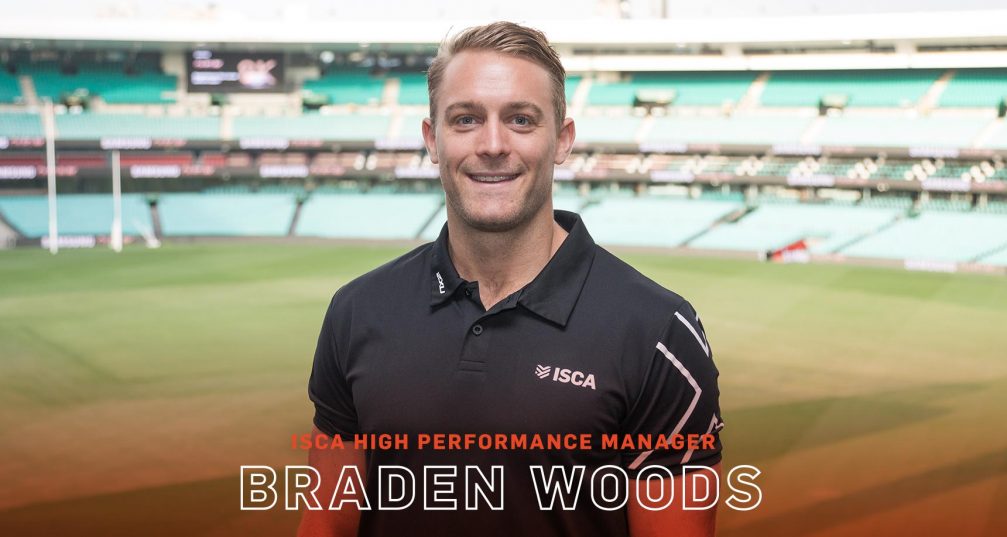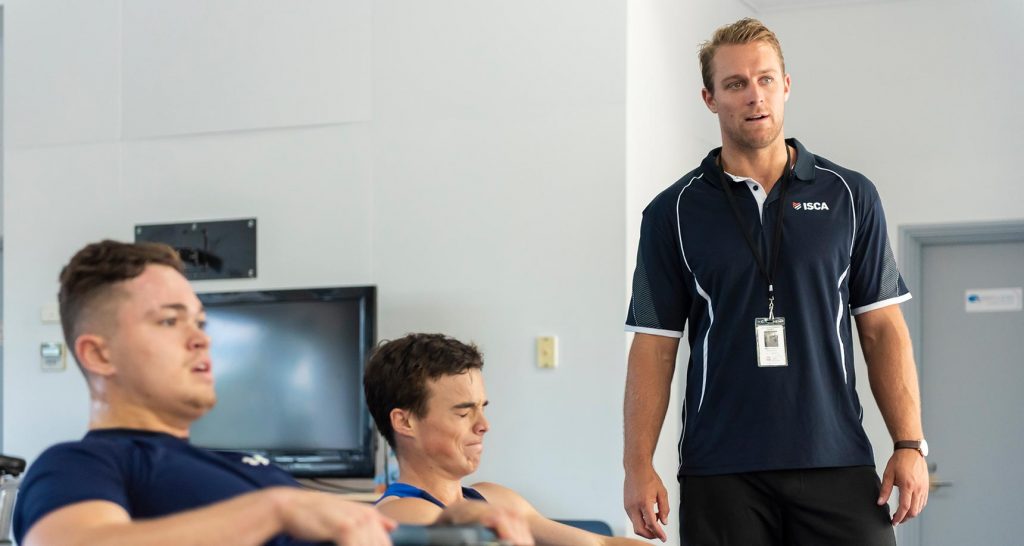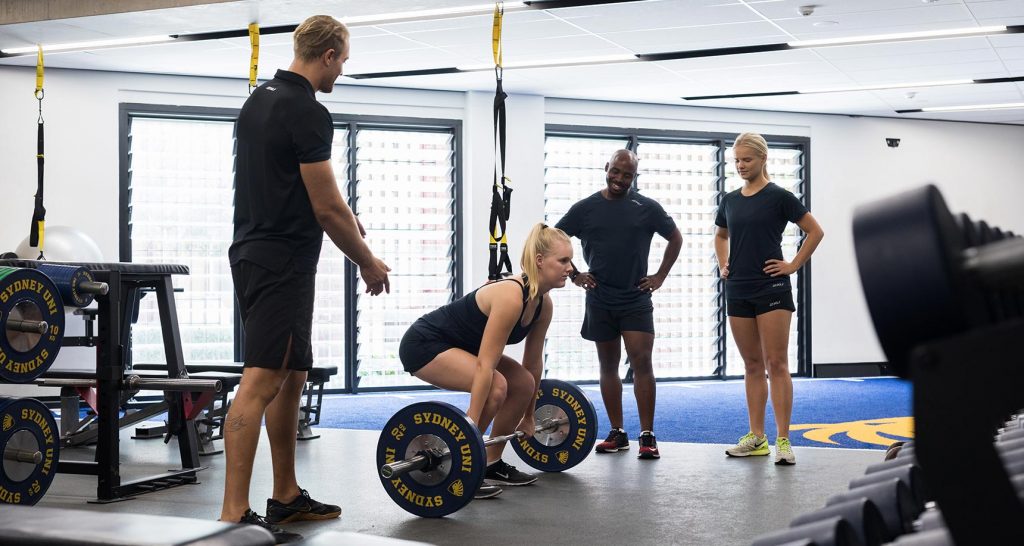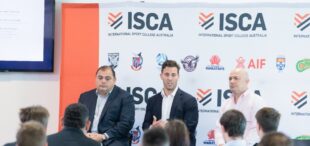Interview with ISCA High Performance Manager, Braden Woods

Natalie Brown

We sat down with our High Performance Manager, Braden Woods, to talk high performance, his role at ISCA, and how he believes ISCA can help students towards a future career in sport.
What drew you towards a career in sport?
I have always had a passion for the development of athletic ability and a curiosity into the technical aspects of training whether it be biomechanics, physiology, psychology or training methods etc. I think that all athletes should train with a specific purpose of working towards something and that’s to maximise an individuals athletic potential. My goal was to be a part of this process and to help athletes to succeed in their objective of winning.

Tell us about your role at ISCA?
I am the High Performance Manager for the program at ISCA. This means that I oversee all of the staff and components that come under high performance (I.e. everything we do to make an athlete a better athlete). ISCA has a large practical component which means that there are a number of parts that have to work together in order for the program to be able to run smoothly. This includes aspects such as strength and conditioning, testing, monitoring, periodised programming, recovery, and organisation of services such as physiotherapy, sports nutrition, and specialised coaching. It is also important to ensure that this is all done while using an evidence based approach with research to back the process.
I love that I am able to help the students become more confident and capable both physically and psychologically.
What do you love most about your role as HP Manager?
I love that I am able to help these students become more confident and capable both physically and psychologically whether it be in the gym, on the court, in the field, or wherever they might be applying the skills and knowledge they have learnt while at ISCA. By testing and monitoring all of our students, we are able to track their progress throughout the year and see how far they have come. We are also able to see what particular areas might need improvement while aiming to reduce their risk of injury within their sport or physical activity.
What are the main challenges you face in your role as HP manager?
One of the challenges with my role at ISCA can be managing the wide range of sports that we run in the program. This includes coaching, strength and conditioning, physiotherapy etc for all the athletes from all the sports within the program and ensuring that we are maximising their athletic potential while avoiding the risk of injury. Although many sports do have similarities, it is important to ensure that we treat each athlete as a unique individual and offer them the best possible education whilst studying with us.

How do you believe ISCA can help students towards their future career in sport?
ISCA adopts a holistic approach towards education in sport. It not only combines practical and academic components but it also looks at a wide range of areas within the sporting industry including aspects such as strength and conditioning, sport science, sports nutrition, physiotherapy, injury management and prevention, sport psychology, marketing, and business just to name a few. The program can expose students to possible career paths within the sporting industry and they might find interest in areas and possible career paths they never knew existed.
If a student is looking to make it as a professional athlete, ISCA can also help in developing their physical capacity through individual periodised programming, recovery and coaching to help maximise their athletic potential and reduce their risk of injury whilst competing.
The course also includes a multitude of networking opportunities through guest lecturers/practitioners, 100h compulsory industry experience, and field trips to venues such as the Australian Institute of Sport and Melbourne. Therefore the Diploma of Sports Management (High Performance) not only can help athletes to develop a career as an athlete, but it can also give them a fall back option for later on in their career as a plan B, or help them to develop pathways into further study.




